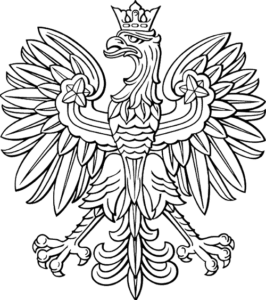The Faculty offers the following specializations for Master’s studies:
School pedagogy with elements of pedagogical therapy
The specialization prepares to the profession of school educator with the possibility to undertake diagnostic and re-educational activities of children and adolescents with specific problems in learning and behavior. The program takes into account innovative methods of transferring knowledge in the field of diagnosis and educational therapy.
Social rehabilitation and social prevention
The specialization prepares to perform the role of a specialist educator for social prevention and rehabilitation purposes in educational and care institutions, preventive social rehabilitation, and penitentiary institutions, both in an open and closed environment.
Educational preparation at the Master’s studies
Our studies in Education on the Master’s level in specializations: School Pedagogy with Diagnosis and Educational Therapy and Social Rehabilitation and Social Prevention fulfill the requirements of the Ministry of Education and Science regarding the specific qualifications required from teachers and the standards of preparing teachers.
Two groups of classes are distinguished, during which specific educational effects are achieved, linked to the fulfilment of these requirements:
Module 1: Psychological and pedagogical preparation
Psychology – 90 hours
Education – 90 hours
Student traineeship – 30 hours
Module 2: Basics of didactics and voice emission
Basics of didactics – 30 hours
Voice emission – 30 hours
Traineeship – 120 hours
Module 1 and 2 should be realized by graduates of higher education programmes which were not connected to the teaching profession, and who intend to undertake Master’s degree studies and obtain qualifications required to become teachers.
The training combines a general academic profile with a practical orientation. The conception of the curriculum and study plan assumes the primacy of general and systematic knowledge, which is put in the context of practice and relates to the design and implementation of pedagogical activities.
The study programme covers substantive issues for the field of study pedagogy, their interdisciplinary references and the cognitive perspective of the social sciences and humanities. The studies are oriented towards the acquisition of general and specialised qualifications, related to pedagogical practice.
The educational concept assumes the realisation of the canon of academic pedagogical knowledge and, at the same time, includes the contents formulated in the mission of the Christian Theological Academy resulting from the Christian, ecumenical and multicultural profile of the university. For this reason, in the didactic process an important role is played not only by the transfer of general pedagogical and specialization knowledge, skills and competences, but also by the shaping of cultural and ecumenical knowledge and skills, as well as social competences, e.g. in the appreciation of the spiritual dimension of human life, the ethos of social responsibility, respect for the dignity and assistance to another human being. The studies support the formation of professional and moral attitudes related to pedagogical work, teaching and upbringing, and foster the development of the needs and skills to complete knowledge and renew qualifications.
FURTHER STUDIES: Doctoral School, postgraduate studies
REQUIREMENTS FOR ACCEPTANCE: Applicants with a university degree in pedagogy are eligible to apply for admission to second-cycle studies in pedagogy. Candidates for second-cycle studies are required to be ranked by the diploma of the completed studies.
Candidates for pedagogical studies at CHAT are expected to have both a readiness to learn about the practical aspects of pedagogical work, a disposition to work with children, young people or adults, openness, respect for differences, communicativeness and openness to continuous training in interpersonal dispositions as well as an interest in academic education, involving the broadening and deepening of knowledge in the social sciences. The admission requirements take both aspects into account. Candidates for studies in the teaching pathway are also expected to have teaching predispositions such as language culture, interpersonal skills, dispositions to work with people from diverse social backgrounds, including those with specific and special educational needs as well as social adjustment problems, empathy and readiness for educational and remedial work, tolerance for stressful situations, readiness to permanently work on their own dispositions to work with people.
PROFESSIONAL TITLE AWARDED TO GRADUATES: Master’s degree in pedagogy.






